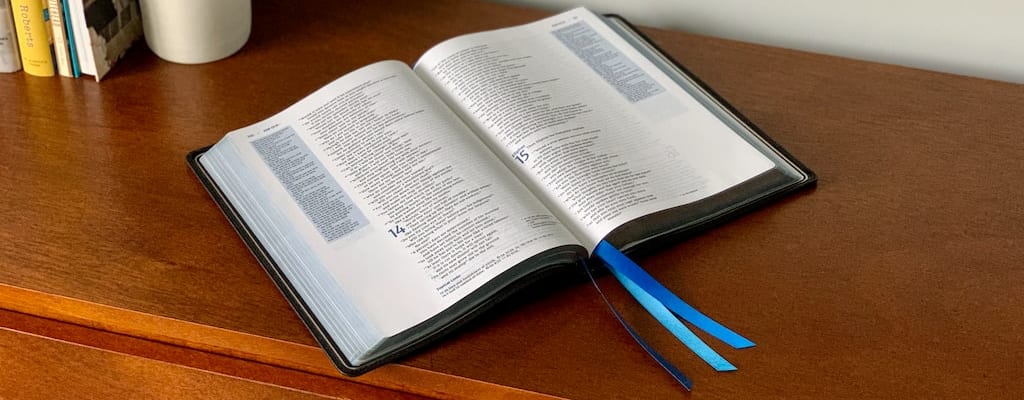manoeuvre the apostles: Idiom Meaning and Origin
What does ‘manoeuvre the apostles’ mean?
"Manoeuvre the apostles" means manipulating or controlling people to achieve a desired outcome, often with cunning or deception.

Idiom Explorer
The idiom "sleight of hand" means to perform a skillful trick or deception using quick, skilled movements of the hands, often to deceive or entertain others.
The idiom "on purpose" means to do something intentionally or deliberately rather than by accident or coincidence.
The idiom "number games" refers to manipulative tactics or strategies involving numbers, often used to deceive or confuse others. It can also imply a situation where people compete or engage in a battle of wits using numerical calculations or statistics.
The idiom "move the needle" means to make a significant impact or achieve noticeable progress in a particular situation or goal.
The idiom "move the goalposts" means to change the rules or requirements of a situation or task in order to make it more difficult for someone to achieve success or meet their goals.
To "move one's body" means to engage in physical activity or exercise, often with the purpose of staying healthy and fit. It implies the act of actively using one's muscles and limbs to perform various movements and actions.
The idiom "move mountains" means to do something extremely difficult or achieve the impossible, often in the face of great obstacles or challenges.
The idiom *move heaven and earth* means to do everything possible or make every effort to achieve a goal or solve a problem.
The idiom "move furniture" means to rearrange or change the layout of a room or space.
Cracking the Code
Manoeuvre the apostles is not a widely recognized idiom in contemporary American English. However, in British English, it is a somewhat archaic phrase that is typically used in a metaphorical sense. The term "manoeuvre" is spelled with a "u" in British English, while in American English it is spelled "maneuver". The idiom suggests the manipulation or control of influential individuals or a group of people, often in a cunning or strategic manner.
One possible interpretation of the idiom is that it relates to manipulating or controlling influential individuals or a group of people in a cunning or strategic manner. This act of "manoeuvring the apostles" may be done within a specific social or hierarchical structure. It is worth noting that the term "apostles" carries a religious connotation, which may imply a spiritual context for this manipulation.
Another possible interpretation of the idiom is that it is related to the biblical narrative of Jesus Christ and his twelve apostles. In this context, "manoeuvring the apostles" could signify the act of leading or guiding a group of individuals towards a specific objective, often by employing cunning or strategic methods. Just as Jesus used his abilities to perform "Jedi mind tricks" and "bend someone's will," the idiom suggests a similar level of influence and manipulation.
Despite the lack of comprehensive information about the origin and precise meaning of "manoeuvre the apostles," it is clear that the idiom carries connotations of manipulation and control. Its use of "apostles" suggests a religious or hierarchical context, emphasizing the significance of strategic tactics in achieving desired outcomes.
The existence of such obscure idioms, like "manoeuvre the apostles," serves as a reminder of the richness and complexity of language. It demonstrates the endless possibilities for interpretation and exploration that language offers. While this particular idiom may not be widely used in contemporary American English, it still adds depth and variety to the language, highlighting the influence and power of words and phrases.
Although limited information exists about "manoeuvre the apostles," it is clear that it is an idiom that has historical and cultural significance. Further research and analysis are necessary to fully understand the nuances, contexts, and historical usage of this phrase. Without a more comprehensive understanding, it may be challenging to confidently interpret and apply this idiom in contemporary American English.
Nevertheless, it is important to recognize the impact and influence that language has on communication. Idioms, like "manoeuvre the apostles," provide unique insights into the human experience and the ways in which we convey meaning. They allow us to express complex ideas and emotions in concise and relatable ways. By understanding and appreciating idioms, we can enhance our own communication skills and develop a deeper understanding of the world around us.
Example usage
1. Despite facing strong opposition, the politician successfully manoeuvred the apostles in his party to secure the passing of the new legislation.
2. The CEO skillfully manoeuvred the apostles in the company to implement a new marketing strategy.
3. With her persuasive tactics, the manager was able to manoeuvre the apostles in her team to take on new responsibilities and meet project deadlines.
More "Religion" idioms



